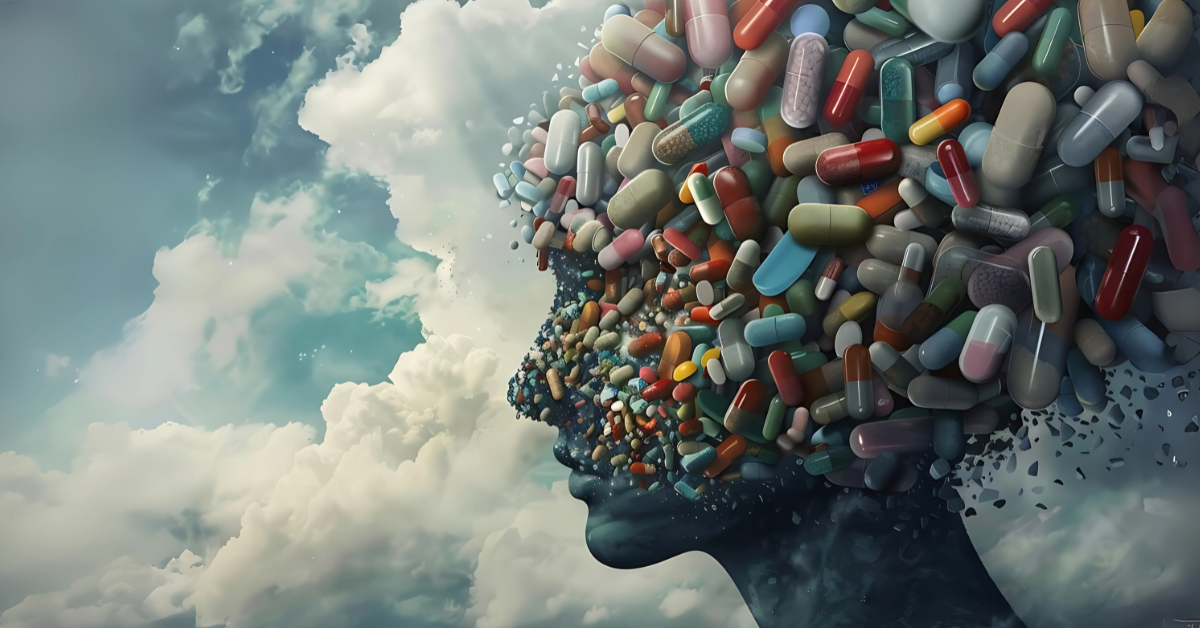albumīns: Essential Guide for a Healthier Life
Albumīns are one of the most important proteins in the human body, playing a vital role in maintaining health, hydration, and nutrient balance. If you’ve ever wondered why your doctor might check your albumīns levels during a routine blood test, it’s because they act as a key indicator of your overall wellness. According to the National Library of Medicine, healthy albumīns levels are essential for transporting hormones, vitamins, and other substances in your blood.
What Exactly Are Albumīns?
Albumīns are proteins made mainly by your liver, and they make up about 60% of all the protein in your blood plasma. They have multiple roles — from carrying important nutrients to helping maintain proper fluid balance in your body. Think of them as tiny delivery trucks, constantly moving essential items to where your body needs them most.
I remember when I had my first health screening in my early 20s, the doctor pointed out my albumīns levels were slightly lower than average. At that time, I didn’t even know what they were. It was only after reading about them on Healthline that I realized how much they influence everything from energy levels to skin health.
Why Are Albumīns Important?
Albumīns are not just another biological term your doctor uses. They are the reason your body can keep nutrients, hormones, and medicines moving efficiently through your blood. Without healthy levels, you might face swelling, weakness, or even more serious health issues.
One of the most important jobs of albumīns is to keep fluids inside your blood vessels, preventing them from leaking into other tissues. This process helps avoid edema, a condition where your legs, arms, or even face can swell due to fluid build-up.
Common Causes of Low Albumīns Levels
There are several reasons your albumīns might be lower than normal. Some common causes include:
- Liver diseases like hepatitis or cirrhosis
- Kidney problems causing protein loss in urine
- Malnutrition or not getting enough protein in your diet
- Chronic illnesses or inflammation
- Severe burns or injuries that cause protein loss
I once had a friend who was recovering from a long illness, and his biggest challenge was rebuilding his these levels. It took months of careful diet planning, with more lean meats, eggs, and dairy, before his results showed improvement.
Foods That Boost Albumīns Naturally
If you want to keep your its levels healthy, your diet plays a big role. Some of the best foods for this include:
- Eggs
- Chicken breast
- Fish (especially salmon and tuna)
- Dairy products like milk and yogurt
- Legumes such as beans and lentils
- Nuts and seeds
Eating a balanced diet not only helps maintain these but also supports overall health. The trick is to include a mix of animal and plant-based proteins so your body gets all the amino acids it needs.
How Albumīns Are Measured
Your doctor can check your these levels through a simple blood test. The normal range for most adults is between 3.5 and 5.0 grams per deciliter (g/dL). Anything lower may indicate a health concern, while anything higher might be a sign of dehydration.
The test is quick and painless. You’ll likely get the results within a day or two, and your doctor will explain if you need to make any lifestyle or diet changes.
Link Between Albumīns and Hydration
These also help regulate water movement in your body. When levels drop, fluids can leak from your blood vessels into surrounding tissues, leading to swelling. Staying hydrated is important, but so is ensuring your protein intake is balanced enough to support proper albumīns production.
This is why athletes, especially runners and swimmers, often focus on high-protein diets — to keep its levels stable during intense physical activity.
Can You Have Too Much Albumīn?
While low these levels can cause issues, having too much is rare but possible. Usually, high levels happen due to dehydration or a very high-protein diet. If your albumīns are high, your doctor might recommend adjusting your water intake or reviewing your nutrition.
In most cases, addressing the root cause — like dehydration — brings levels back to normal without much effort.
Medical Treatments
These are also used in hospitals to treat patients with burns, shock, or severe blood loss. In these cases, doctors might give albumīns intravenously to restore fluid balance and improve blood circulation.
This medical use is considered safe, but it’s only done when absolutely necessary, as your body usually does a good job of producing enough on its own when you’re healthy.
Lifestyle Tips to Support Healthy Albumīn Levels
Here are some easy tips for keeping your these levels where they should be:
- Eat a protein-rich diet with a balance of animal and plant sources.
- Stay hydrated with water, herbal teas, and soups.
- Avoid excessive alcohol, which can damage the liver.
- Manage chronic health conditions with regular check-ups.
- Exercise moderately to support overall wellness.
I personally follow a simple routine of including eggs in my breakfast at least three times a week. This small habit, along with drinking enough water, has kept my albumīns levels in the healthy range for years.
FAQs
What is the main function of albumīns?
They help transport important substances in your blood and maintain fluid balance.
How can I naturally increase albumīns?
By eating more protein-rich foods like eggs, chicken, fish, and dairy, and staying hydrated.
Are low albumīns levels dangerous?
Yes, they can be a sign of serious health problems like liver or kidney disease, so they should be checked by a doctor.
Can stress affect albumīns?
Chronic stress can indirectly affect your health, which might influence albumīns production over time.







